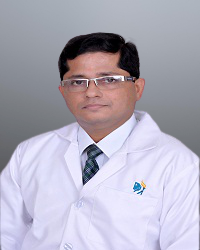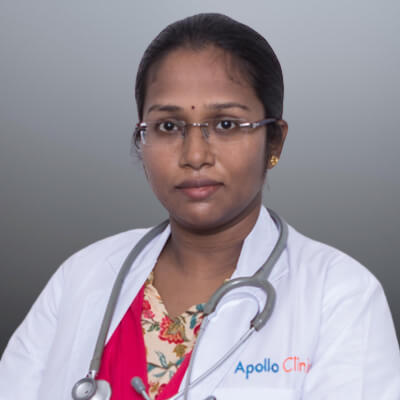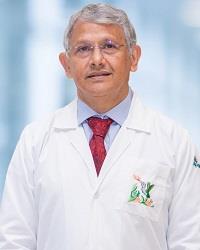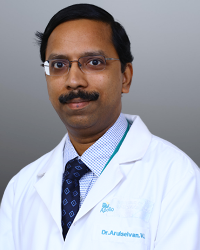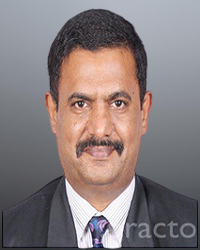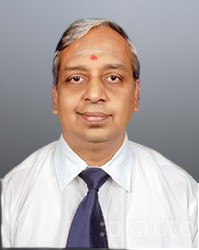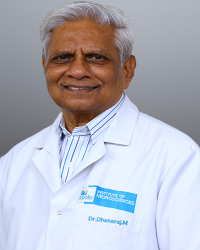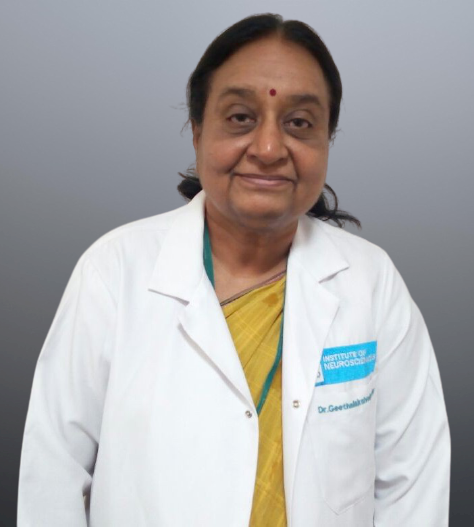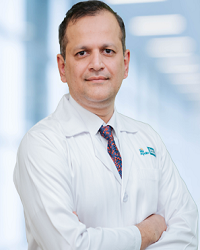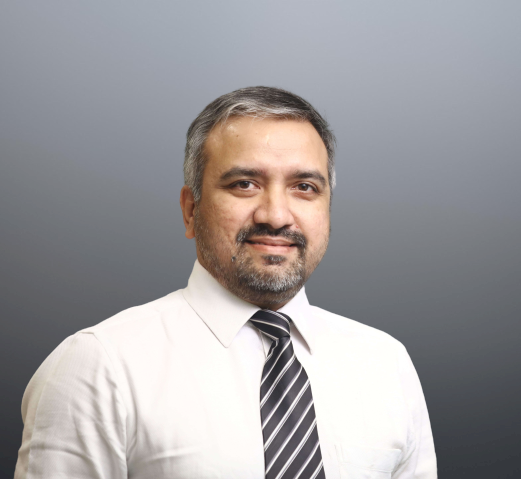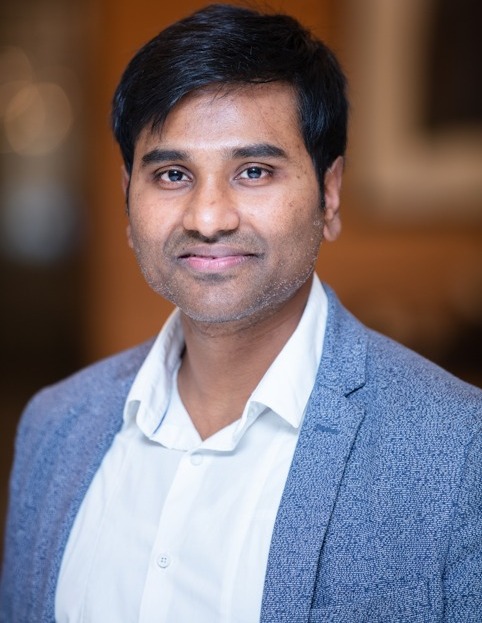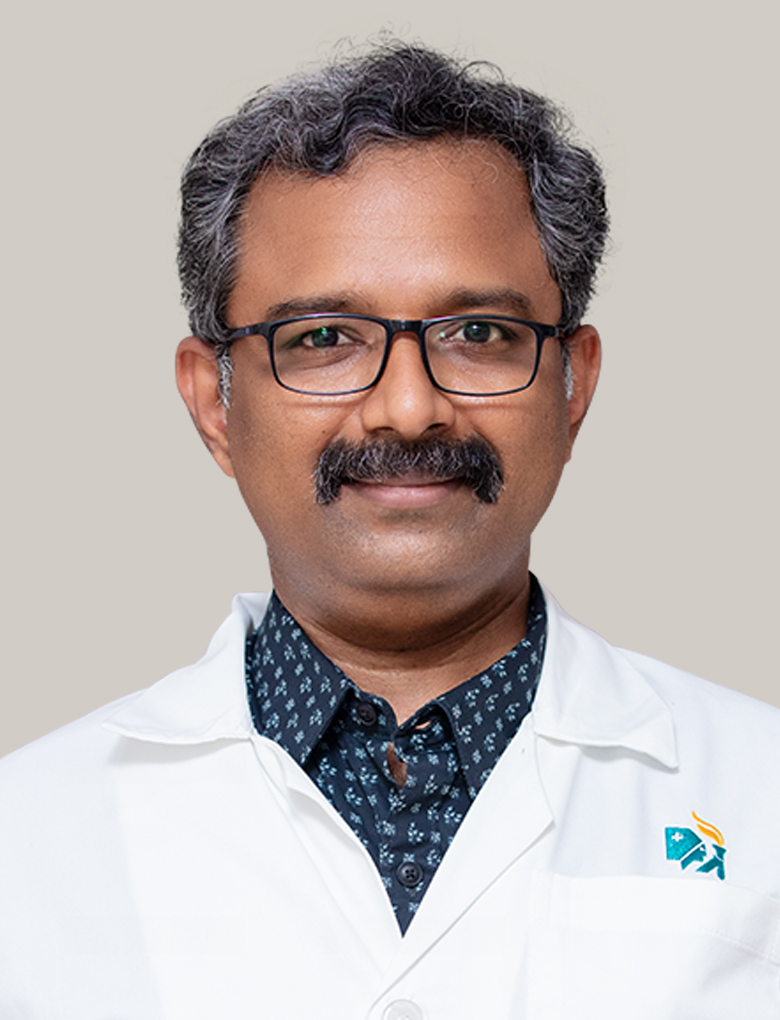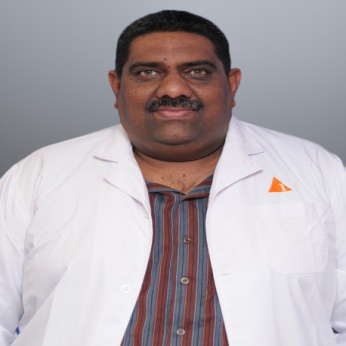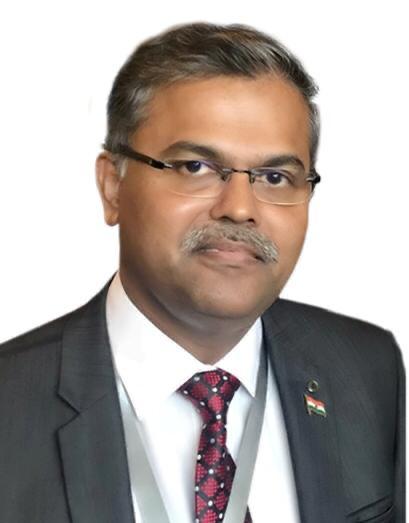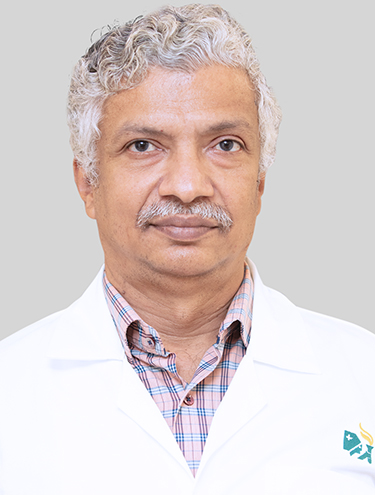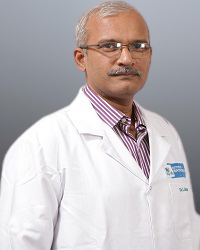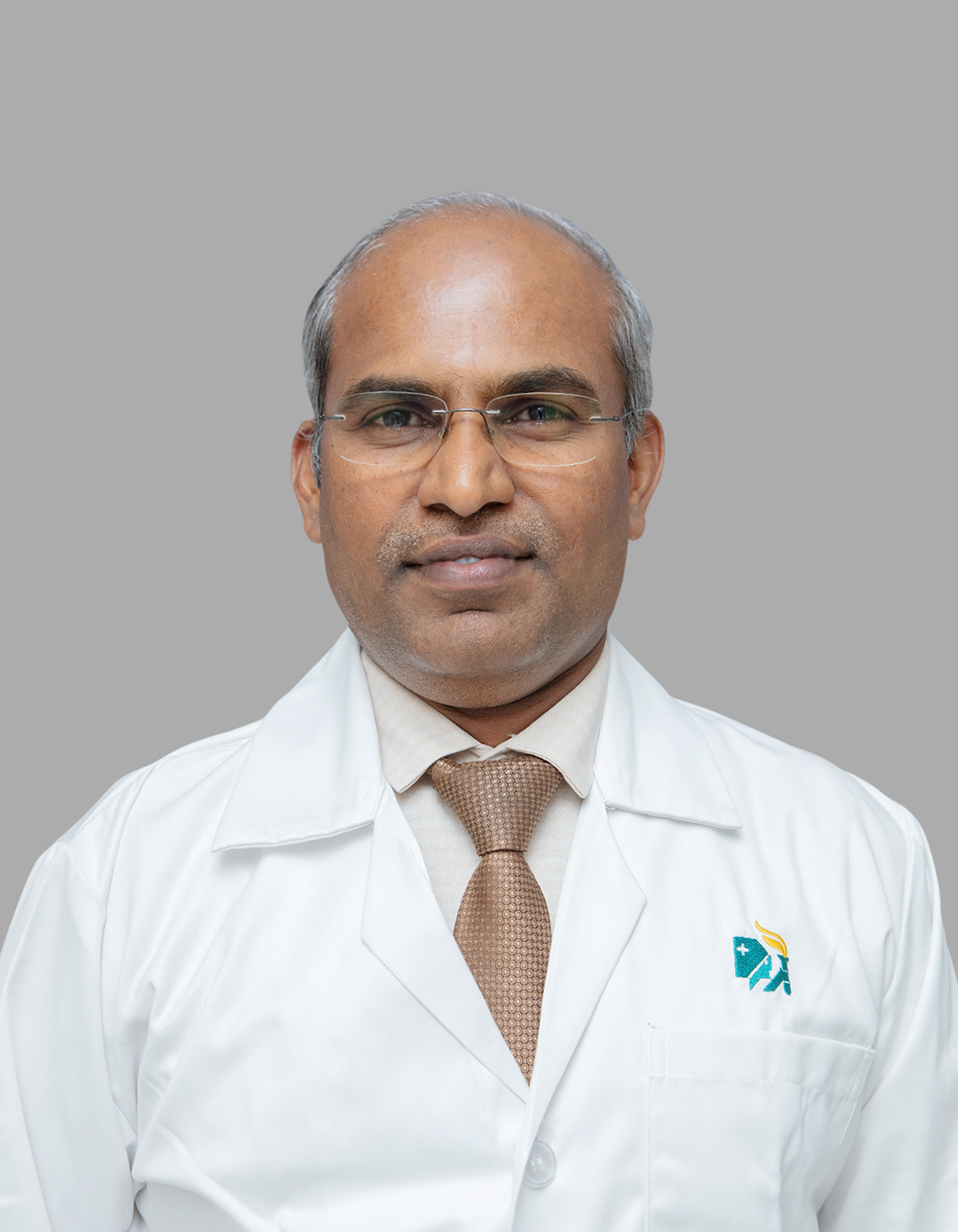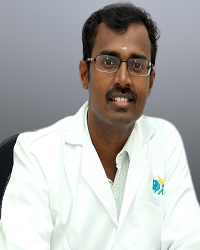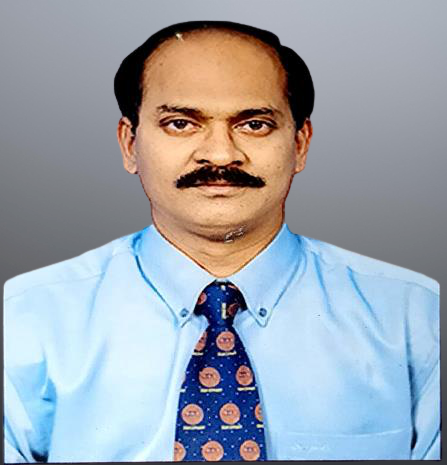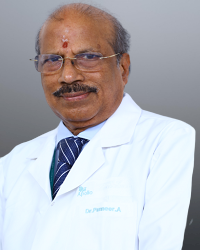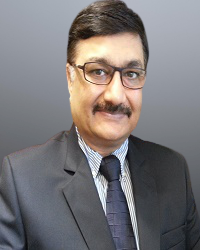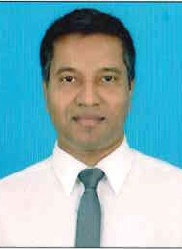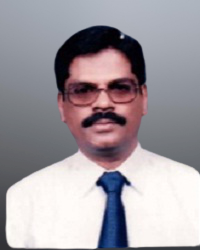Best Doctors for Multiple Sclerosis in Chennai
Multiple Sclerosis (MS) is an autoimmune disease that disrupts the transmission of nerve signals in the brain and spinal cord. This happens because the immune system attacks the myelin sheath, which provides insulation to nerve cells, thereby causing inflammation and damage. This anomaly may lead to a range of neurological symptoms. Individuals susceptible to this disease are those with a family history of MS or those living in regions far from the equator.
Chennai has reported many cases of MS recently. The Apollo Hospitals has developed a comprehensive care programme led by some of the best multiple sclerosis treatment doctors in India. Our team of dedicated multiple sclerosis doctors and specialists offer personalised care strategies, giving patients at Apollo Hospitals Chennai access to world-class treatment options.



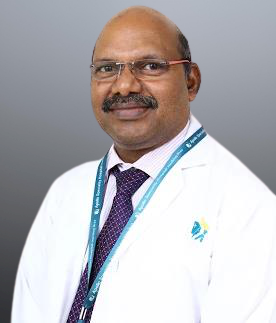


 Call Now
Call Now